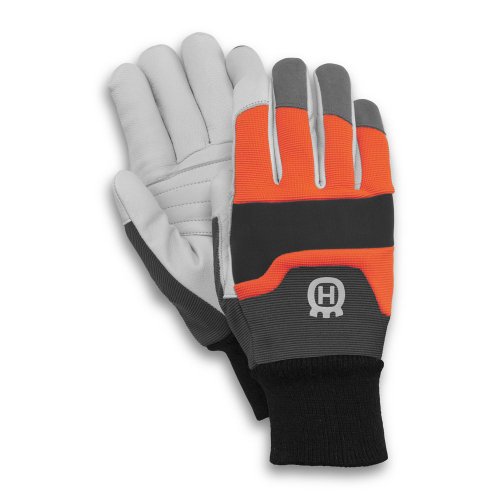beginner, to start I am flabergasted with the way you have been treated. I must apologize for all of us that do not want to turn someone away for asking a very legitimate question. I have been working on diesel semis, log loaders, hydraulics, and processors for 10 years now. I also work on chainsaws, weed trimmers, outboards, lawnmowers, and whatever else runs on gas or diesel, but I am a diesel technician by trade. You will definitely need a good selection of allen wrenches, t-handles, and sockets, standard and metric. Same goes for Torx, t-handles, and sockets. Get a good 1/4 drive swivel, and good 1/4 drive ratchet. I started with craftsman screwdriver, and have since switched to snap-on, although I personally feel that Matco makes the best screwdrivers. Craftsman screwdrivers are not good enough in my environment. Socket sets I have are almost exclusively Craftsman. Price, warranty. Period. Some I must get from a tool dealer, since Sears does not make all I need. You will also need a good pick set. Buy a good punch and chisel set. Snap-on, Matco, Mac. If you buy cheap, you will only upgrade later on the punches and chisels. As far as wrenches and ratchets, Craftsmans professional line has proved very durable, comfortable, and reliable in the ratchets and wrenches. Please do not hesitate to e-mail me if you have any other questions regarding tools, or any other questions, since it seems you can not do it on here.
daveb, I work on 100,000 to 400,000 processors, and have never been to school for them, yet when they leave they are ready to go back to work, in a reasonable time. Isn't that something.
We were all beginners once!!!!!!























































